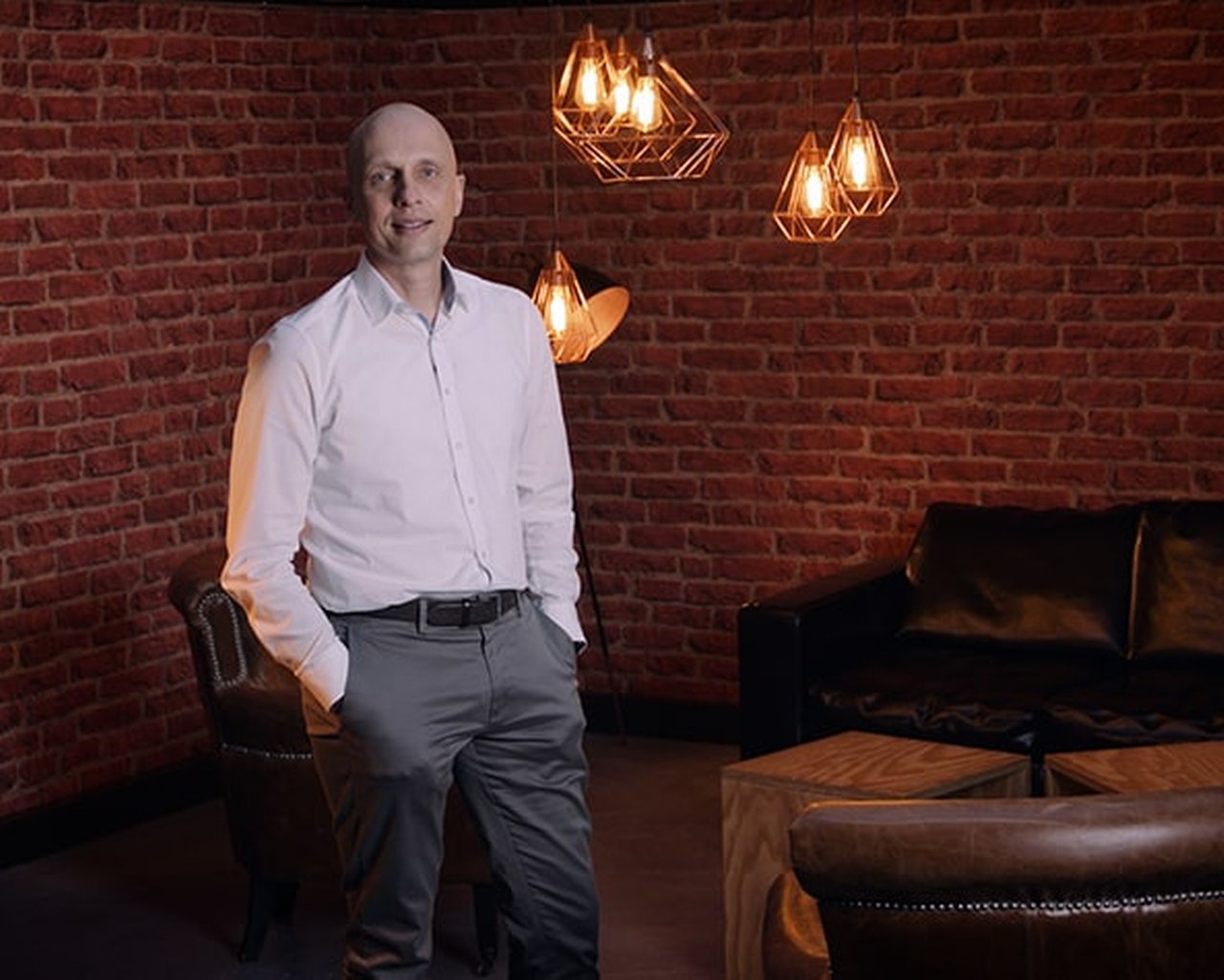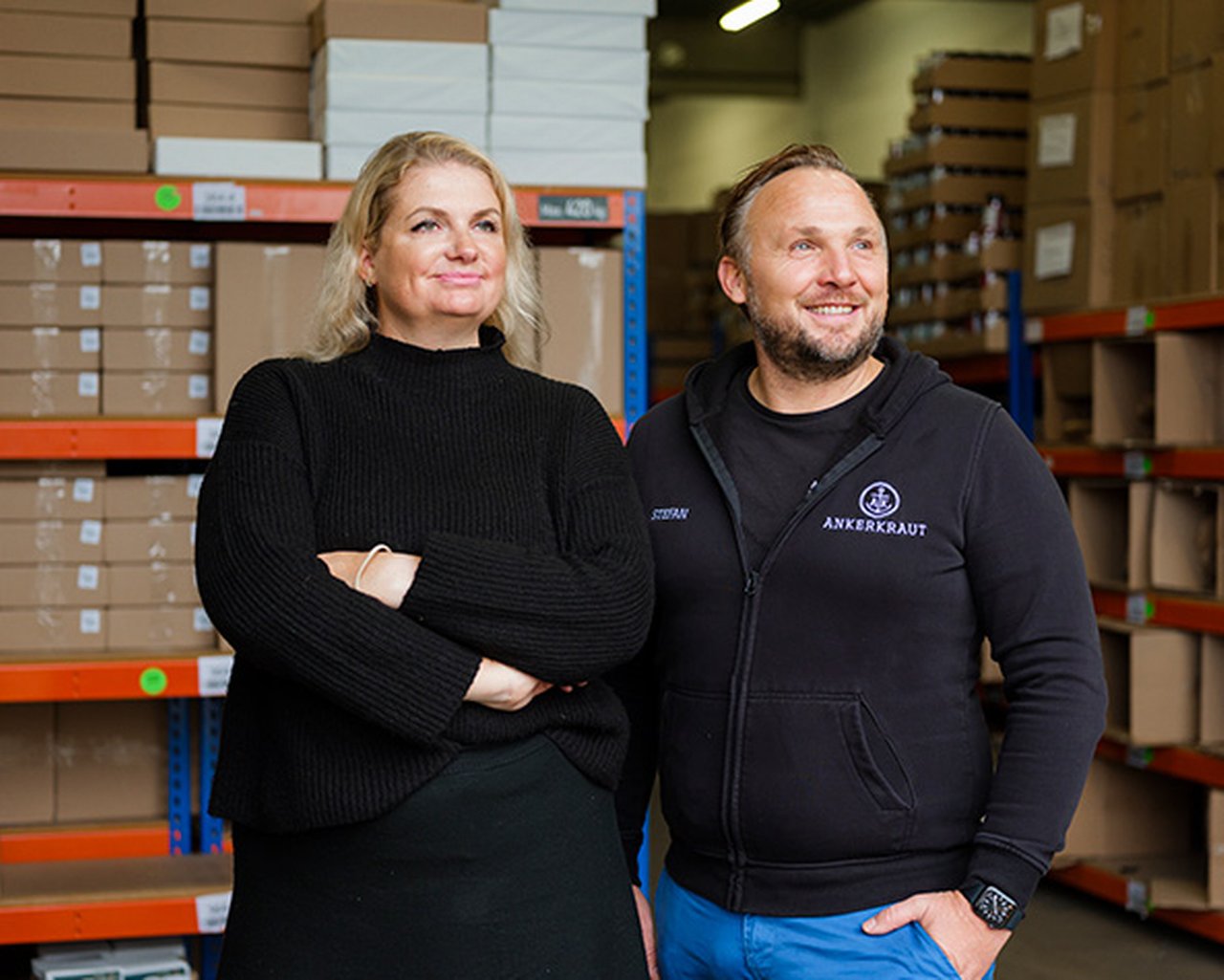
A time for pioneers
The coronavirus pandemic is much more than just a health crisis. It affects almost all areas of life – particularly the economy. Here are some thoughts on how the financial sector can support them.
Covid has pulled the rug from under some business models
Successful entrepreneurs are the backbone and engine of every modern economy and society. They develop business ideas and take the risks required to implement them. As innovators, they drive progress and create value. But what happens if, overnight, this risk becomes untenable? If the foundation of the whole business model crumbles because the economy is brought to a halt?
The Covid pandemic has put millions of entrepreneurs around the world in this dramatic situation. Entire industries have been put on hold by lockdowns, travel restrictions and social distancing rules. When supply chains are broken, production lines stand still. Government aid programs have cushioned the worst hardships for some, at least temporarily. But this form of support cannot and will not be permanent. Most importantly, some of the shifts that have resulted from the pandemic cannot be reversed.
We are on the cusp of an economic transformation
Rethinking business
Like other serious economic crises in history, the coronavirus crisis will claim its victims in places where there is no long-term demand or where this demand has irretrievably shifted to other channels. At the same time, we are on the cusp of an economic transformation. A stronger focus on sustainability, accelerated digitisation, a new understanding of mobility and proximity are just a few of the elements that will shape this change.
And, as with every economic shift, the hour for pioneers and innovators will strike – from large corporations to medium-sized companies to start-ups. In many industries, market shares will be reallocated, and other sectors will emerge. And those who benefit will be those companies that are ready to change or reinvent themselves to meet the evolving needs of their customers.

The financial sector as a catalyst for transformation
Banks have a crucial role to play in this change. They are part of the solution because they help companies with sustainable business models get through this phase. And, they can connect these companies with customers, investors and markets across the globe. They are also an important partner when it comes to providing the credit needed to kickstart the economy. Another important aspect is the banks’ ability to provide companies and entrepreneurs with expertise and advice on how to best use the opportunities available to them at this time.
When entrepreneurs realign their business models or processes – be it geographically, from physical to digital, or from retail to platform business – they need solutions to be able to manage liquidity and risks in a sustainable manner.
Banks have a share in the responsibility to channel resources into the right areas so that the economy can transform successfully. With advice and financial support, they enable investments, drive innovations, help to create or maintain jobs and promote the global exchange of goods and services.
At Deutsche Bank we’ve been helping businesses for more than 150 years to reach their goals. From start-ups and medium-sized companies to international corporations, we are by their side as their global principal bank and are there for them when they venture into new territories. We are passionate about providing them with innovative solutions that help them navigate crises and seize opportunities. It‘s the time for pioneers.
About Stefan Hoops
Stefan Hoops is Head of the Corporate Bank.
Stefan joined Deutsche Bank in Fixed Income Sales in 2003. He moved to Credit Trading in New York in 2008, and took on various leadership roles within Global Markets in the United States and Germany in the following years, including Global Head of Institutional Sales.
In October 2018 he was named Head of Global Transaction Banking. Since July 2019, Stefan heads Corporate Bank, which encompasses all of Deutsche Bank’s corporate and commercial client activities.
Recommended content
Entrepreneurial Success / Opinion
The willingness to change has increased enormously "The willingness to change has increased enormously“
Scarce liquidity, collapsed supply chains, austerity measures... nevertheless, economist Dietmar Grichnik is sure that times of crisis are times of entrepreneurship.
The willingness to change has increased enormously Is there an opportunity in it?Entrepreneurial Success / Story
Ankerkraut - navigating the pandemic with courage and confidence Ankerkraut - navigating the pandemic with courage and confidence
2020 was a turbulent year for the spice manufacturer Ankerkraut. Find out how founders Anne and Stefan Lemcke fared during the crisis and what their plans are for after the pandemic.
Ankerkraut - navigating the pandemic with courage and confidence About flexibility in times of a crisisEntrepreneurial Success / Explained
How much longer? What business needs to prepare for during the Covid-19 pandemic How much longer? What business must prepare for during the Covid-19 pandemic
Economists expect the pandemic to change economic life in the long run. We look at international events in five phases.
How much longer? What business needs to prepare for during the Covid-19 pandemic When will things return to normal?





